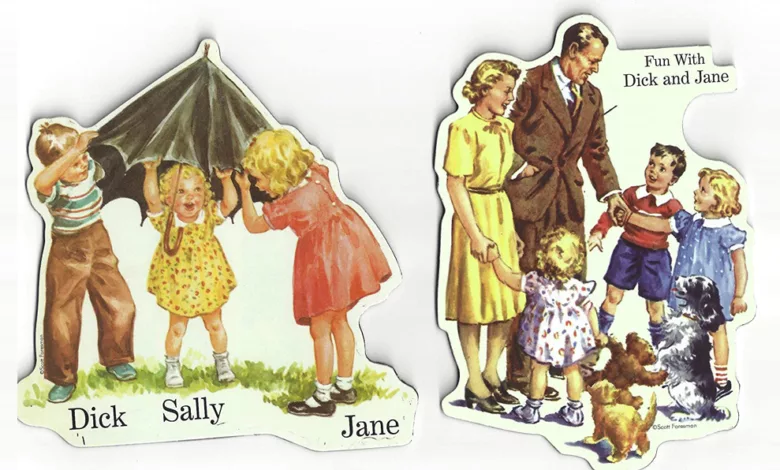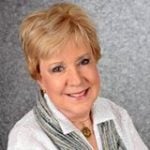Finding The Fun In Dysfunctional

Years ago, my youngest son returned home from school and announced, “Our family is dysfunctional!”
I burst out laughing. At 12 years of age, Joe was discovering all kinds of new words and concepts at school.
“I suppose we are dysfunctional,” I said. “But, Joe — all families are dysfunctional!”
One way or another, I explained, families are all different, and each has its issues.
The ideal family of our yesteryears’ bursts from the pages of our old first-grade primers: Father, Mother, Dick, Jane, Sally, Spot the dog, and Puff the cat. My family looked sort of like that, only it was two boys and one girl and one dog, no cat. My father hated cats and wouldn’t have one. Is that considered dysfunctional?
Friends of mine had larger families; some are “blended” families. Some have no pets whatsoever. Some have snakes and iguanas (which could be considered dysfunctional).
When I was growing up, all the families I knew had a Mother and a Father. Nowadays, I know families with two Moms or two Dads. I have one friend who never married and has raised two lovely daughters. Some of us create our own families.
Instead of three children, now it seems people have one or two. As the family historian, I remember my ancestors, who had 10 or more children, and they weren’t even farmers.
How in the world did they manage such a large brood with minimal help? With so many personalities in the house, there must have been a few that were difficult; no doubt, there was conflict over chores, food, clothing, schoolwork, courtesies, table-manners, mean-spirited words, and so on — either between the children or the parents or both.
A household with that many personalities had to be lively, and probably somehow dysfunctional!
Even small families have these disagreements.
For most, the adjective “dysfunctional,” means a bit bonkers in terms of family relations. Another, albeit sinister, meaning is more troubling: A family where conflict has a darkness about it with mean-spirited strife, abuse, and neglect.
Our family had varied personality issues that needed resolution. Mostly, it was just fun and surprising, and hard work. If conflicts arose, we worked through them.
However, some families don’t know how to manage conflict, and some don’t care to deal with it. These families hide in plain sight until someone spots signs of abuse.
Parental habits pass down through generations, for better and for worse. It’s like a digital tape recording from our earliest days that hides beneath the current context.
For young parents, fusing the old tapes with a new child is confusing. As they say, “there is no handbook for raising a child.” There are guideposts from the parent’s childhood and life experiences, but he or she is still making up many rules as each episode surfaces. Thankfully, it gets easier with each new child.
Dick, Jane, and Sally have only existed in the primers. There is no “perfect” or “ideal” family. We are, after all, humans who grow from conflict as much as harmony. We are all “dysfunctional” in some way.
So why not revel in the chaos? I am pleasantly surprised by how well my kids survived it by raising their own children so well.





